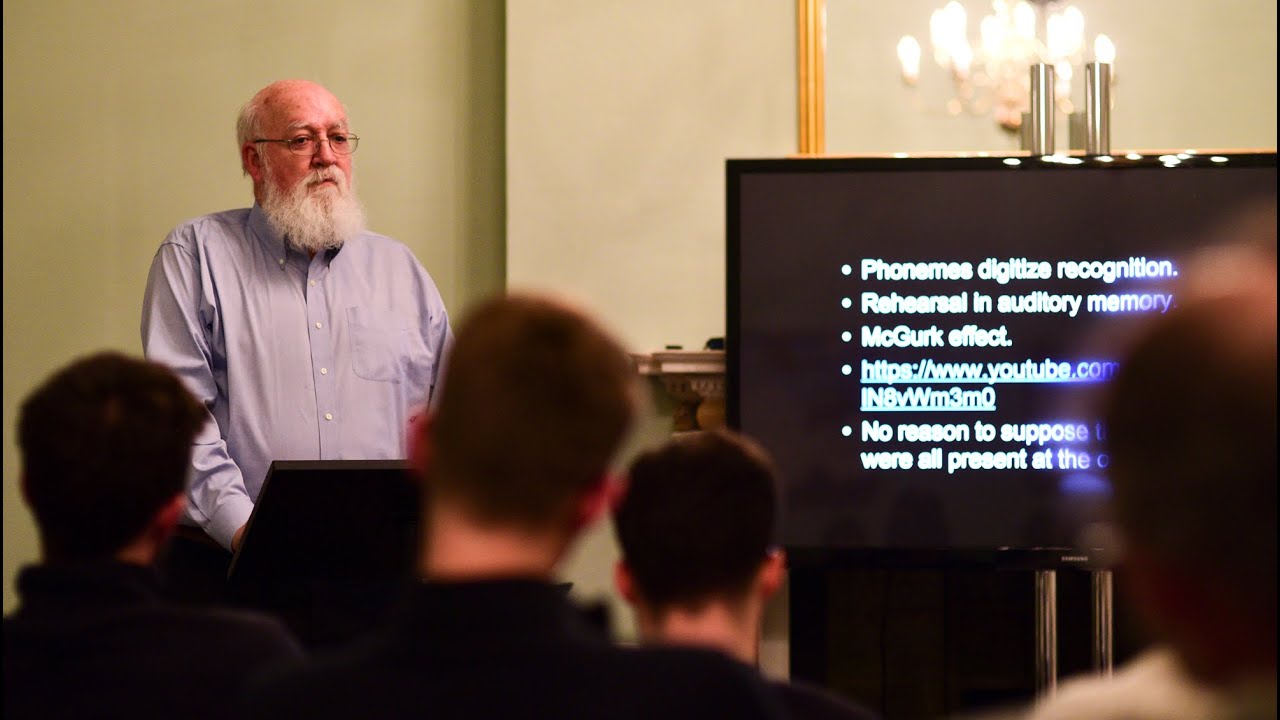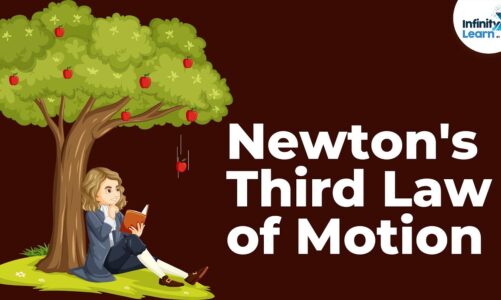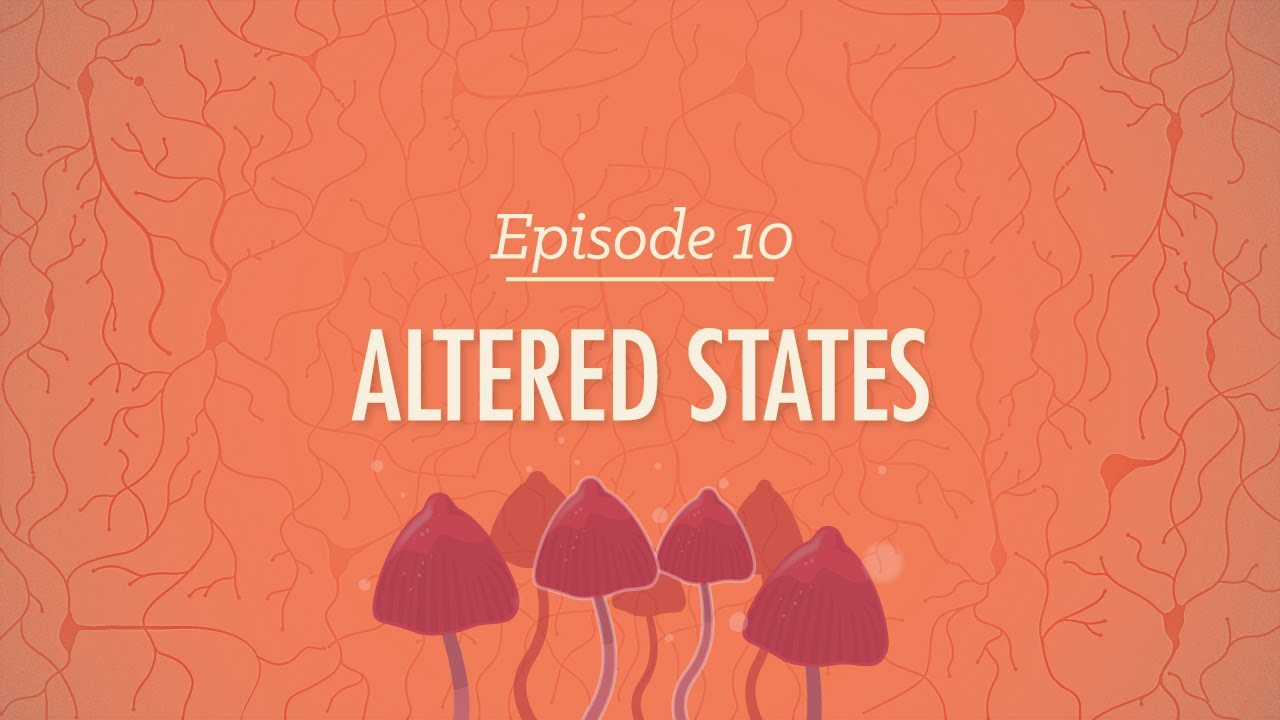New College of the Humanities
New College of the Humanities visiting professor Daniel Dennett continues his discussion of qualia and the free will debate with NCH Philosophy undergraduate, Millie Chip. If you’re interested in studying philosophy at university in London, or finding more about the college, please visit us: https://www.nchlondon.ac.uk/
Dennett is a regular visiting professor at NCH London teaching Philosophy. He is University Professor and Austin B. Fletcher Professor of Philosophy, and Co-Director of the Center for Cognitive Studies at Tufts University. He has held visiting positions at Harvard University, the University of Pittsburgh, the University of Oxford, the École Normale Supérieure in Paris, and the London School of Economics.
Source




The hard problem consists of many, many easier problems, which neuroscientists resolve. So, the hard problem is resolved in this way. Just as the "I" is actually many networking neuronal systems working together in the brain.
Very informative video, but the music was quite distracting.
With this music everyone will sound like an esoteric. Is it just, because I recently watched Lucy? Or is this music really already a symbol for silly ideas?
Consciouness and qualia are inconsequential to the free will question because they're either causal or acausal, (random) and neither prospect allows for a free will. Dennett begins by admitting we're robots, with no more fundamental control over what we do than a robot has over what it does, but bewilderingly wants to have people believe they have a free will. Sorry but, semantics aside, absolutely nothing we humans do is truly up to us. To claim we have free will but no fundamental control over what we do is as inconsistant as it is disingenuous. But, of course, I'd be the last person to blame Dennett for beliefs, obfuscations and misunderstandings that are in no real sense up to him.
He's dead wrong about the "Hard Problem." The hard problem is this, HOW does SUBJECTIVITY arise out of matter? When we study and map out the brain, or (anything for that matter) all we are really looking at is structure and the behavior of structure. But we have no idea how structure, OR the complexity of structure, OR the behavior of complex structures give rise to subjective experience.
Sure we can manipulate experiences by manipulating the structure and behavior of the brain, BUT that says NOTHING about HOW subjectivity actually arises from the brain. Unless we somehow assume that all energy has some subjective component that is simply complexified by the structure of the brain.
(forgive me for the word "complexified," I don't know if it's possible to use complicated as a verb.)